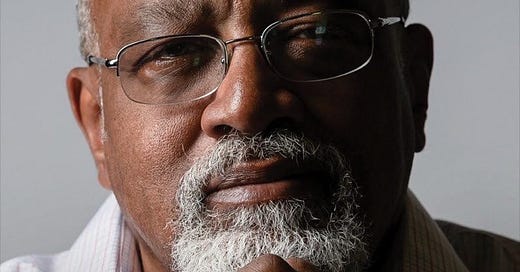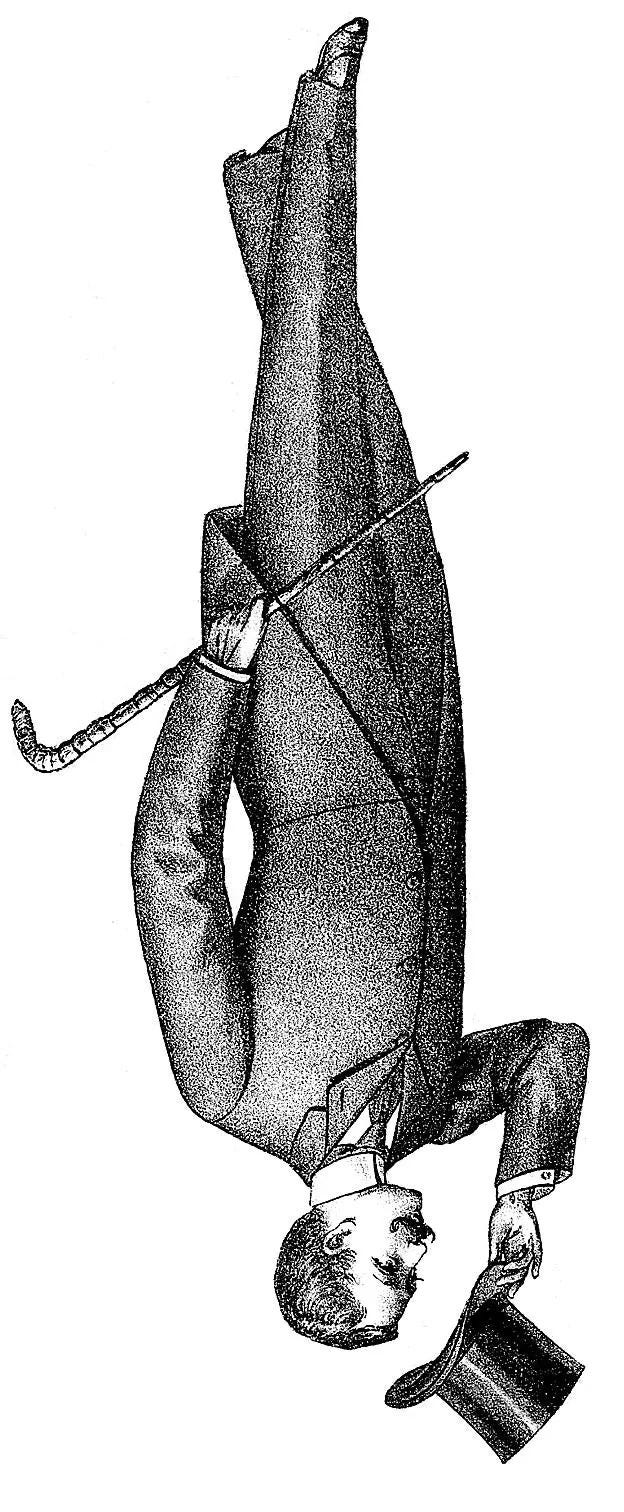Book Review: Late Admissions by Glenn Loury
How interesting can the life of an Ivy League economics professor be? As it turns out, very damn interesting.
Late Admissions: Confessions of a Black Conservative by Glenn Loury. Narrated by Glenn Loury. Kalorama, 2024. 18 hours (approx.).
Glenn Loury is a public intellectual, fellow at the Manhattan Institute and professor of economics at Brown University. He earned a PhD in economics at the Massachusetts Institute of Technology (MIT) in 1976 and, in 1982, he became the first black tenured professor in Harvard’s history. Late Admissions: Confessions of a Black Conservative is his memoir.
As the subtitle suggests, a major part of the memoir is his political evolution - an evolution that continues to this day, according to a recent episode of The Glenn Show. In the 1980s, Loury was a Regan Republican, but three conservative books on race published in the ‘90s pushed him away from the right. These were The Bell Curve by Charles Muray and Richard J. Hernstein, The End of Racism by Dinesh D’Souza and America in Black and White by Loury’s friends Abigail and Stephan Thernstrom.
Nevertheless, in Late Admissions Loury says, “I was a conservative, and in truth I suspected that is what I’ve always have been.” In the same episode of The Glenn Show mentioned above, he says he’s conservative culturally with respect to the challenges African Americans face. He says, “What to do about the problems of black people in America. I’m more of a self-help, personal responsibility guy than I am a reparation, structural racism guy.” He later uses the phrase “pull yourself up by the bootstraps.”
In some ways Loury's life is a bootstraps success story. He began as a poor-ish kid on the South Side of Chicago who got arrested for stealing a car (he was trying to impress a girl) but became a distinguished professor rubbing elbows with the country’s most important politicians. On the other hand, he also committed serial infidelity and abused drugs.
Loury wrote in 1984:
The social disorganization among poor blacks, the lagging academic performance of black students, the disturbingly high rate of black-on-black crime, and the alarming increase in early unwed pregnancies among blacks now loom as the primary obstacles to progress (from “A New American Dilemma” as cited by The New Yorker).
On that last point, he is a hypocrite. Loury fathered his first child as a teen out of wedlock (although news of the pregnancy forced him and the mother to get married). Later, he fathered another child (his third) with a mistress with whom he was having an extramarital affair. This child he more or less abandoned, meeting him for the first time as an adult. These weren’t the only instances of promiscuity, either. Indeed, Loury seems to pick up women like the rest of us pick up carry out at Dominoes. His next book should be dating advice.
Then there were the drugs. Loury primarily used crack cocaine. First, he’d purchase normal cocaine, which was cheaper, and then he’d transform it into crack with a simple method involving cotton swabs and high proof alcohol. He kept these materials in the trunk of his car so he could cook and then smoke it away from his family. Loury mused that his car was a mobile drug lab. In one anecdote, Loury hid in his Harvard office after hours from a colleague so as not to be caught high.
It should go without saying that all this affected his personal and professional lives. He was arrested twice in the space of about six months in 1987. The first was for allegedly assaulting his 23-year-old mistress at the time. The second was for marijuana and cocaine possession. This created quite the scandal at Harvard. His second wife, Linda, handled it with the graciousness of a saint. They were together until she died in 2011.
I don’t list his foibles here to judge him - although I did call out his hypocrisy regarding unwed pregnancies, but it was too glaring to ignore. Rather, this is what I took away from the book: Loury’s high intelligence, MIT education and apparent wealth could not protect him from the temptations of a life of debauchery. We must, then, seriously question whether the often-touted solutions of education and poverty reduction will help people or lower crime rates or drug use or unwed pregnancies. Moreover, if education and economic growth don’t lower crime, drugs and promiscuity then what will? I had my doubts about money, but I was convinced most social ills could be remedied with a solid education. Now, I’m not so sure.
Putting aside both politics and existential crises, Late Admissions: Confessions of a Black Conservative is a captivating read about a deeply flawed man wrestling with some pretty powerful demons. I couldn’t put it down.





I listen to Glen's podcast. It's really good. And as a fan I thought why not read it. Was not expecting how crazy his life was.
What made you pick this book up and read it?